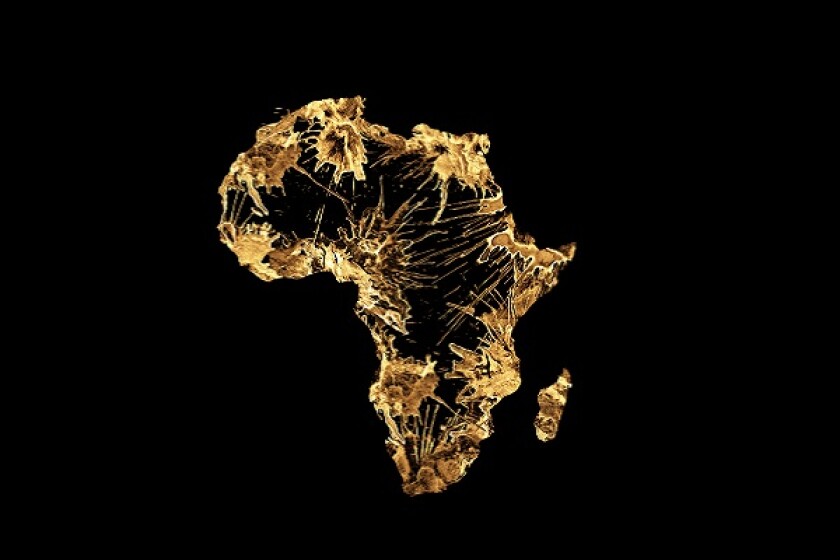Click here to read all the chapters from IFLR’s Africa Market Makers 2021
With a young population and a grand consumer base, Africa remains the world’s goldfield of economic potential. The African Development Bank projects that the continent’s real GDP will increase by 3.4% in 2021, after contracting by 2.1% in 2020. The rebound will be spearheaded by a number of resumed infrastructure projects, a rebound in commodity prices, and further government support for pandemic-hit businesses.
With Africa’s fondness for imagination and entrepreneurship, new solutions will appear to overcome obstacles. As governments, businesses and investors strive for prosperity, the demand for legal advice remains high.
Associating with experts who are closest to the action, IFLR brings you an exclusive insight into some of the most important developments from the continent.
In spite of the pandemic and social unrest arising from the Hirak movement, Algeria has successfully revamped its investment framework in order to attract foreign financiers. The key provisions of the changes to the 49/51 rule and Algeria’s strategic expansion to diversify its economy, mark the topics of the article covered by Houda Sahri, Jean-Jérôme Khodara and Nahla Djabi of Matouk Bassiouny.
As one of the most resource-rich countries in the world, Angola has used its period of financial slowdown to strategise its economic policy. José Miguel Oliveira of Vieira de Almeida and António de Sousa Penelas of ASP Advogados consider how the country can stay competitive in its preferred industries, and thrive in new areas.
Mozambique continues to display its desirability to foreign investors and is enjoying one of its most politically stable periods in the recent past. Guilherme Daniel of GDA Advogados and Teresa Empis Falcão of Vieira de Almeida explain how proposed reforms seek to ‘maximise and monetise’ the country’s rich resources and develop an investment environment.
In Nigeria, Chukwubuike Onwuzurumba and Chrysolyte Egonu of Oake Legal evaluate the impact of the Companies and Allied Matters Act No.3 of 2020 for investors. The authors assess the opportunities offered to investors by the LLP structure, and the pros and cons of companies and partnerships as investment vehicles.
The article by Mahmoud Bassiouny, Yassir Ali, Nadia Abdallah and Amgad Nagy of Matouk Bassiouny discusses how Sudan has taken significant steps to attract the attention of national and foreign venture capitalists. This includes a mix of new investment authorities, incentives, social liability benefits, and improved dispute resolution mechanisms.
In the Middle East, the UAE is the prime target for foreign investment from across the world. Jirayr Habibian of Matouk Bassiouny provides an overview of the key themes emerging from the executive regulations implemented for the state’s new movable pledge law.
In addition to the chapters, Natasha Teja of IFLR looks at the consequences of the disparity in discourse and definitions of ESG between African and western nations, and Samallie Kiyingi, the African Export–Import Bank’s director of legal affairs, discusses the continent’s structured finance solutions behind the scheme to vaccinate the entire population.
As the investment climate bounces back, Africa’s market makers have a demanding 12 months ahead. We hope that you enjoy hearing from the experts leading the progression in the guide.
Click here to read all the chapters from IFLR’s Africa Market Makers 2021

Prin Shasiharan
Senior commercial editor
IFLR
T: +44 0 7779 8004
E: prin.shasiharan@euromoneyplc.com
Prin Shasiharan drives thought leadership with global legal advisors for IFLR’s insight projects, in addition to managing contributions from partner firms. He has hosted and moderated high-level events involving eminent legal practitioners. He also manages commercial collaborations for other Euromoney brands including The Deal, Managing IP and ITR.
Prin has experience in compliance, financial crime and regulatory roles, and has previously worked for international organisations including the United Nations and the Council of Europe.

